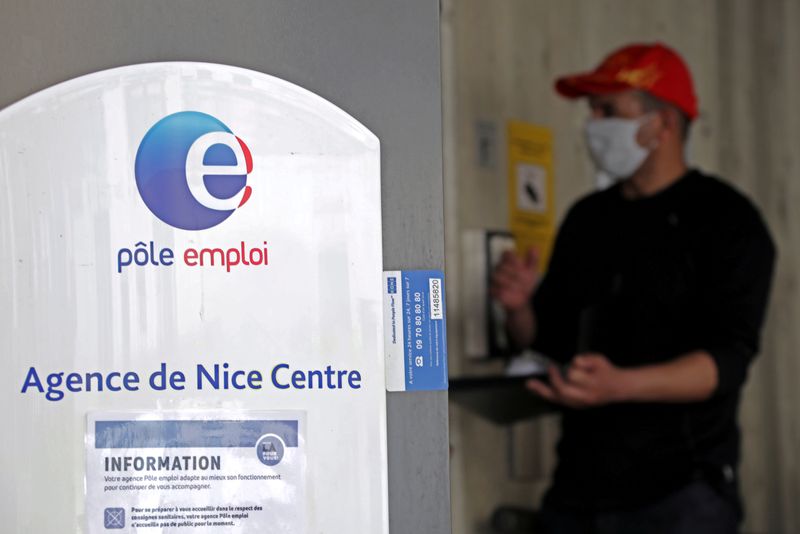By Clara Denina
LONDON (Reuters) – The volume of social bonds issued in 2020 has jumped eight-fold from a year ago, as interest in ethical investment rises and more governments and agencies see them as a key funding tool for specific projects.
Issuance of social bonds, a type of debt that channels proceeds to specific socially beneficial projects, has surged to $85 billion this year so far, compared with $10.6 billion in the same period of 2019, according to Refinitiv data.
While still much less-prevalent than green bonds, social bonds’ popularity has jumped as the COVID-19 crisis led investors to place more emphasis on the “social” component of environmental, social and governance-driven (ESG) investing.
“The pandemic has strengthened the link between humanitarian and economic crises, so you saw a sharp increase in bonds targeting societal issues from April onwards,” said David Katimbo Mugwanya, a fund manager at EdenTree Investment Management.
French government agency Cades, which manages debt from the social security system, and unemployment insurance fund Unedic have been the biggest issuers of social bonds this year at a combined $22 billion, using them to fund projects aimed at tackling unemployment.
Other issuers include governments, supranational organisations such as the Asian Development Bank, and an increasing number of companies.
Bank of America <BAC.N> issued a $1 billion bond in May, the proceeds of which will be lent to not-for-profit hospitals, nursing homes and manufacturers of healthcare equipment. It separately issued a $2 billion sustainability bond, aimed at providing more affordable finance to Black and Hispanic-Latino communities.
Spain’s CaixaBank <CABK.MC> issued a 1 billion euro bond last month aimed, in part, at helping provide more loans to low-income households to help with healthcare, education and household repairs.
For a graphic on Social bonds issued:
https://fingfx.thomsonreuters.com/gfx/ce/xegvblmbnvq/Social%20bonds.PNG
Social bonds emerged in 2010, when Social Finance, a British not-for-profit consultancy, raised 5 million pounds ($6.5 million) to help reduce reoffending among short-sentenced offenders leaving prison in Peterborough, eastern England.
In 2017, the bonds were judged to have helped reduced reoffending by 9%, above the project’s 7.5% target, so the Ministry of Justice and a fund run by Britain’s national lottery paid investors back their money plus a return equalling 3% a year.
Since then, social bond issuance has increased relatively steadily globally, until this year’s sudden leap.
Development banks have used social bonds to fund COVID spending, the data shows, while the first social bond of the European Union’s SURE unemployment scheme is expected as early as Tuesday. The up to 100-billion-euro SURE scheme is one of the coronavirus recovery plans for EU members that offers loans as financial support.
“Investors are likely to continue to show appetite for that type of issuance, with a preference for companies that use it to fund long-term solutions to the crisis, like a vaccine for example,” Katimbo Mugwanya added.
For a graphic on Social bonds by entity:
https://fingfx.thomsonreuters.com/gfx/ce/yxmvjjlqrvr/social%20bonds%20by%20entity.PNG
Companies like British healthcare property owner Assura Group and luxury fashion house Burberry also issued their first social and sustainability bonds respectively in September.
Burberry’s sustainability bond aims to finance projects such as ensuring its cotton comes from sustainable sources and improving employment conditions for manufacturing its products.
(Reporting by Clara Denina, additional reporting by Yoruk Bahceli and Leigh Thomas, graphics by Pratima Desai; Editing by Mark Potter)














